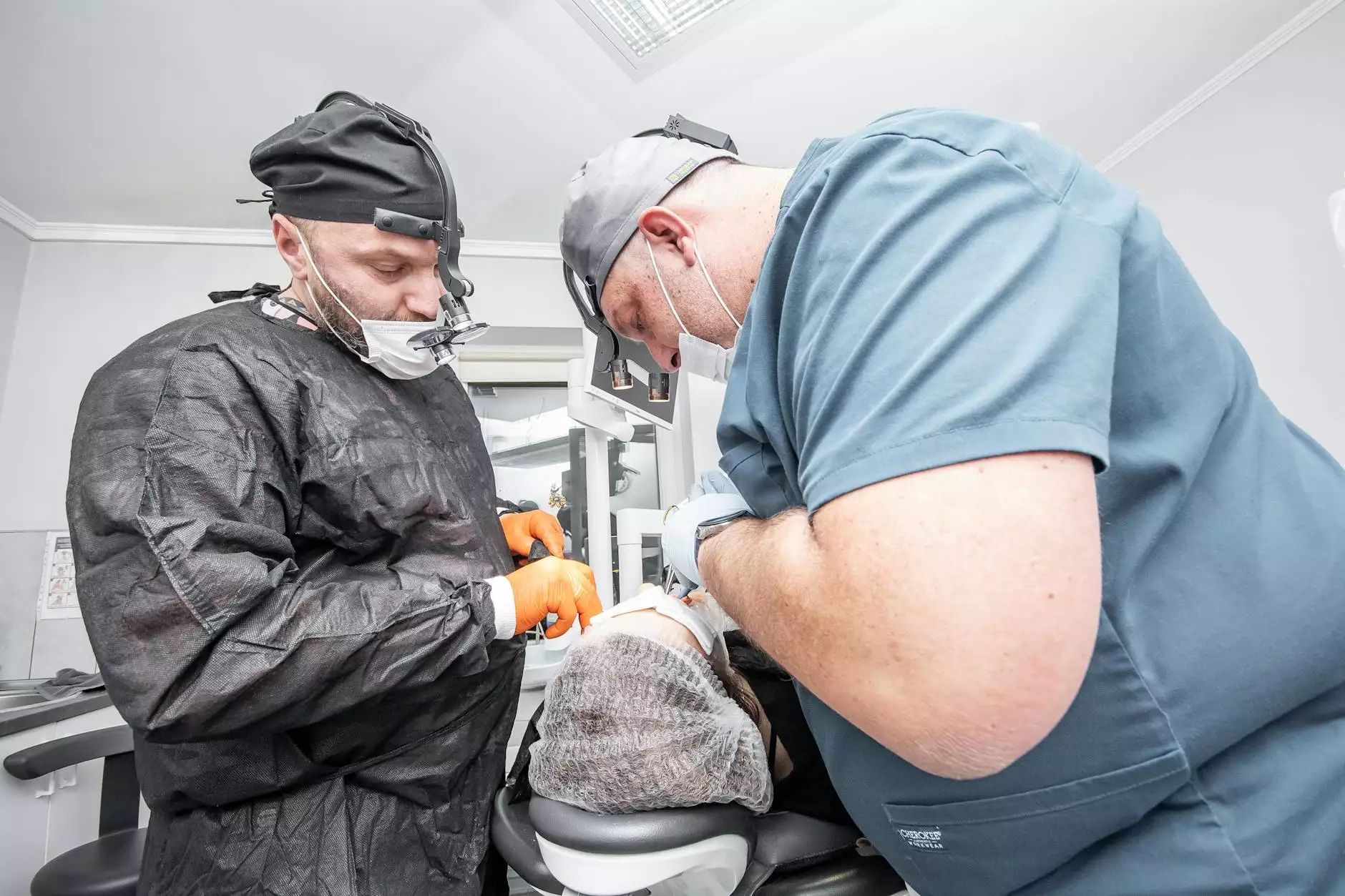Understanding Endometriosis Treatment Surgery

Endometriosis is a chronic condition that affects millions of women worldwide, characterized by the growth of endometrial-like tissue outside the uterus. This can lead to severe pain, infertility, and various other symptoms. When lifestyle changes and medications fail to provide relief, endometriosis treatment surgery might be necessary. This article aims to provide a thorough overview of the surgical options available, along with insights on recovery and post-operative care.
What is Endometriosis?
Endometriosis occurs when tissue similar to the lining of the uterus starts to grow in other areas of the body, such as the ovaries, fallopian tubes, or the abdominal cavity. This can cause inflammation, scar tissue formation, and adhesions. Understanding this condition is crucial for recognizing when surgery may be necessary.
Symptoms of Endometriosis
Common symptoms of endometriosis include:
- Chronic pelvic pain - often the most significant symptom, occurring during menstruation, ovulation, or intercourse.
- Menstrual irregularities - heavy periods (menorrhagia) or bleeding between periods.
- Infertility - many women diagnosed with endometriosis find it difficult to conceive.
- Fatigue, diarrhea, constipation, bloating, and nausea - especially during menstrual periods.
It's essential for women experiencing these symptoms to consult with a healthcare professional for an accurate diagnosis and treatment plan.
Diagnosing Endometriosis
Diagnosis of endometriosis can be complex and often requires multiple steps:
- Medical History and Physical Examination: A healthcare provider will ask about symptoms and perform a pelvic exam.
- Imaging Tests: Ultrasounds or MRIs may be conducted to identify cysts associated with endometriosis.
- Laparoscopy: This surgical procedure allows a doctor to see inside the pelvic cavity and take biopsies of suspected endometriosis lesions.
Treatment Options for Endometriosis
Treatment for endometriosis varies based on the severity of symptoms and can include:
- Medications - Hormonal therapies and pain relief medications can help manage symptoms.
- Lifestyle Changes - Dietary adjustments and regular exercise may alleviate symptoms.
- Surgery - When other treatments do not provide adequate relief, surgical options are explored.
When is Surgery Necessary?
Endometriosis treatment surgery is typically recommended when:
- Severe pain persists, despite other medical treatments.
- Fertility is affected and other options have failed.
- Large cysts (endometriomas) are present.
Types of Endometriosis Treatment Surgery
There are a few different surgical options for treating endometriosis:
1. Laparoscopic Surgery
Laparoscopy is a minimally invasive procedure where small incisions are made, and a camera is inserted to visualize and remove endometriosis lesions. This technique typically results in quicker recovery times.
2. Laparotomy
In some advanced cases of endometriosis, a larger incision may be necessary, which is referred to as a laparotomy. This is less common but may be required for extensive disease.
3. Hysterectomy
A hysterectomy involves removing the uterus and is generally considered when other treatments have been unsuccessful, especially in women who do not wish to conceive.
Preparing for Surgery
Preparation for endometriosis treatment surgery includes:
- Discussing potential risks with your doctor.
- Understanding the type of anesthesia that will be used.
- Following pre-operative instructions regarding fasting and medication adjustments.
Post-Operative Care and Recovery
Recovery after surgery varies but may include:
- Rest - Allowing your body ample time to heal.
- Managing Pain - Your doctor will provide medications for pain relief.
- Follow-Up Appointments - Regular check-ups with your healthcare provider.
- Gradual Return to Activity - Gradually resuming normal activities, based on your doctor's advice.
Long-term Outlook for Endometriosis Patients
Endometriosis is a chronic condition, and while surgery can provide significant relief from symptoms, it is not a cure. Regular follow-ups with healthcare providers, ongoing lifestyle modifications, and management strategies are essential for a better quality of life.
Why Choose Dr. Seckin for Endometriosis Treatment Surgery?
Dr. Seckin’s clinic is a leading provider of treatment for endometriosis. Our approach is holistic, focusing on not just the surgical intervention but the comprehensive management of the condition. We are committed to:
- Providing compassionate care tailored to each patient's unique situation.
- Utilizing the latest surgical techniques to ensure the best outcomes.
- Supporting patients through every step of their journey towards wellness.
Conclusion
Endometriosis can significantly impact a woman's life; however, with timely diagnosis, proper management, and effective surgical options, many women can find relief. If you suspect you may be suffering from endometriosis, consult Dr. Seckin. Our expertise in endometriosis treatment surgery and personalized healthcare can help you regain control of your health and your life.









